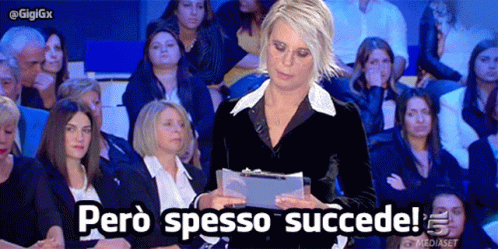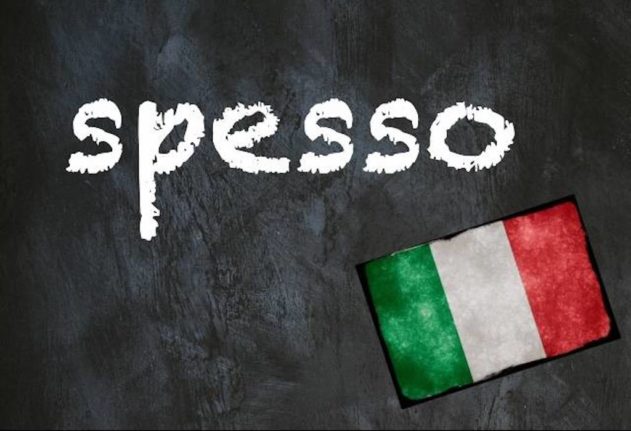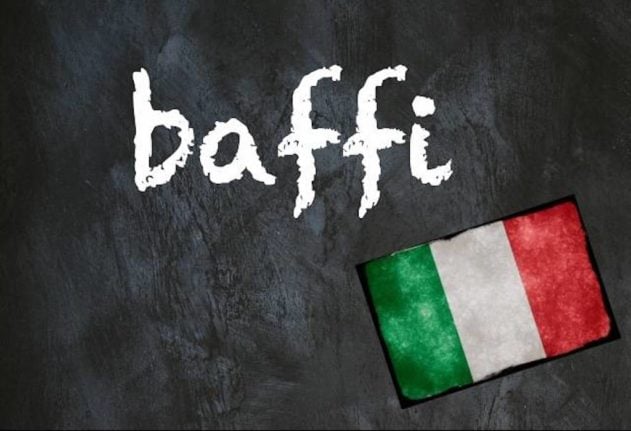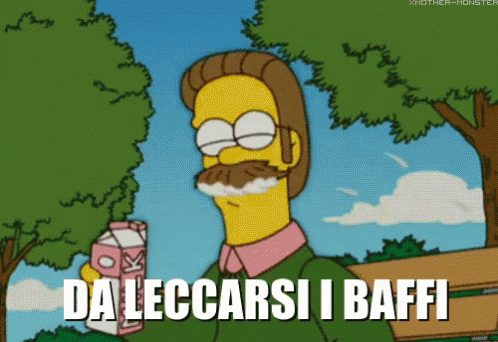Spesso (hear the pronunciation here) is a handy little adverb to have up your sleeve. It means ‘often’ or ‘frequently’, and can be used in an Italian sentence pretty much just as you’d use it in English.
Dovresti venire a trovarmi più spesso!
You should come and visit me more often!
Ti capita spesso di perdere l’autobus e di arrivare tardi al lavoro?
Do you often miss the bus and get to work late?

But spesso doesn’t just mean often: it can also be used as an adjective to mean thick or dense.
Il fumo era così denso che non riuscivo a vedere la faccia di nessuno.
The smoke was so thick I couldn’t see anyone’s face.
Bear in mind that adverbs don’t change their form in Italian, but adjectives do, so when spesso is being used as an adjective, it needs to change its ending to agree with the sentence subject.
Non possiamo scappare da qui, i muri sono spessi almeno 2 metri!
We can’t escape from here, the walls are at least 2 metres thick!
Vorrei la mia cioccolata calda non troppo spessa, per favore.
I’d like my hot chocolate not too thick, please.
When it’s used as an adverb, spesso is sometimes paired with the word volentieri to create the phrase spesso e volentieri.
You might find this slightly confusing if you know that, by itself, volentieri usually means ‘happily’ or ‘gladly’.
Spesso e volentieri, however, doesn’t mean ‘often and gladly’ but ‘very frequently’ or ‘more often than not’.
Spesso e volentieri ordino del cibo da asporto invece di cucinare dopo aver finito il lavoro.
More often than not I order takeout instead of cooking after work.
Now you know this word, we imagine you’ll find yourself wanting to use it spesso (e volentieri!)
Do you have an Italian word you’d like us to feature? If so, please email us with your suggestion.




 Please whitelist us to continue reading.
Please whitelist us to continue reading.
Member comments